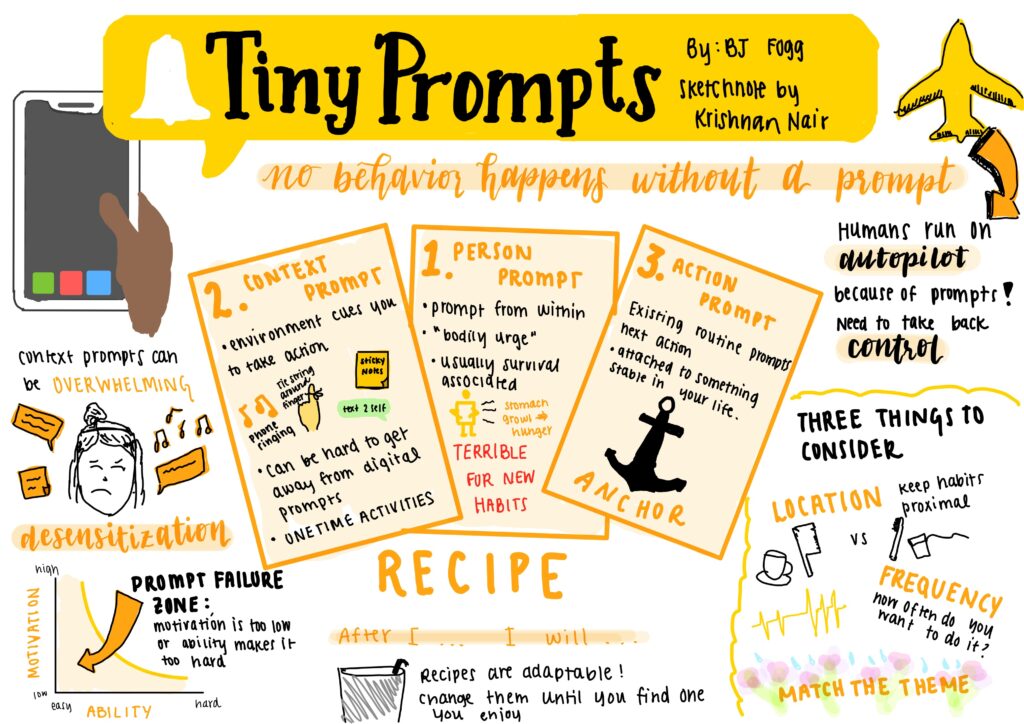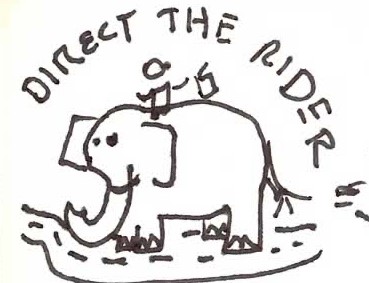After reading this case study about Susan Kim navigating an ethical dilemma at her internship, it’s clear how complicated these decisions can be for someone early in their career and unfamiliar with local corporate norms. Susan’s challenges stem from her desire to make a good impression, her reliance on the internship for financial support, her uncertainty about whether her concerns are valid, and her worry that her decision could impact her future reputation and opportunities. The risk of speaking up feels real, especially when her manager, colleagues, and even her family seem to downplay the ethical stakes involved.
The article offers a practical three-step approach that I find genuinely constructive. First, Susan should recognize how psychologically challenging it is to speak up and affirm her ethical concerns before taking action. Second, she can try to lessen the social threats by having direct, respectful conversations with her seniors, positioning herself as someone seeking advice rather than coming across as confrontational. Third, it’s smart for her to form a concrete plan—communicating her hesitation thoughtfully and proposing ethical alternatives gives her agency without escalating the situation.
Here are my thoughts: these steps are broadly applicable, but I’d emphasize the importance of privately articulating exactly what bothers you about the request and connecting it to your values before stepping into any discussion. This clarity can boost confidence and help frame the conversation more productively. In multicultural work environments, it’s crucial to remain humble about your understanding of local practices, but not let that humility override your ethical instincts. While taking the initiative to discuss and propose alternatives might not always ensure safety or success, it does help protect your integrity, which is vital for long-term professional growth.



